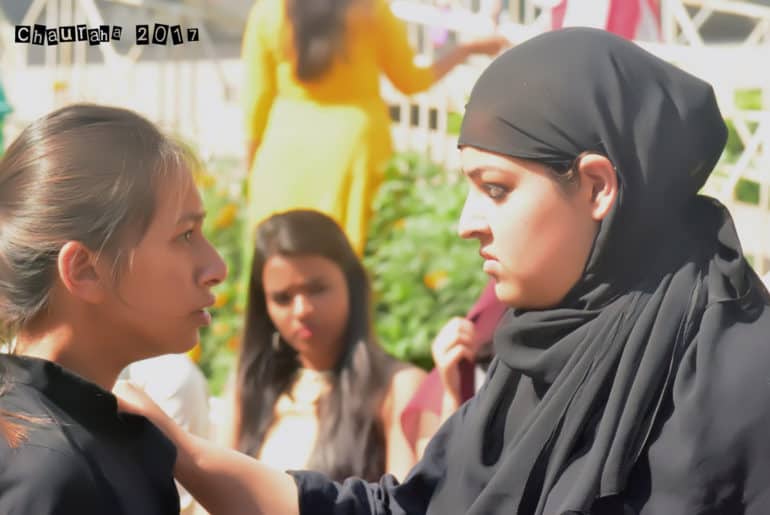Having been a part of the production crew in a theatre society from the past year and a half, many have raised eyebrows and questioned my role in the society. Considering similar plight of the production crew in associated performing societies, it is crucial to laud their hard-work and diligence once in a while.
The notion that production members are replaceable in a performing society is highly questionable and outright false. The success of any performing society is directly proportional to the talent and hard work it constitutes. Any normal person would categorise that success to the ones directly under the limelight, and tend to overlook the scores of people that are involved behind the curtains to make the act a success.
Many performing societies have a team of individuals working dedicatedly without acknowledgement. In a fashion society, the success of the models on ramp is heavily dependent on the designers and makeup artists who work as back-team to put up a successful show. Music tracks are selected and played by them, the choreography decided, and they also oversee sponsorship to ensure continuity of funds.
Similarly, theatre is performed collectively. The actors hog the limelight and the production members not always given equal importance, simply because they don’t appear on-stage. From managing prop and set designing, tweaking each line of the script to fit perfectly with the rest, arranging for props and setting up the stage under a time crunch, to ensuring perfect timing of sounds and impeccable lighting in each scene- these are just a few obvious tasks a production member in a theatre society performs. In a street-play society, there are percussionists and scriptwriters, working tirelessly as well to put up a thrilling production. Oftentimes, the same people are engaged in costume designing and makeup of the actors going on stage, and it’s an understatement to say the very least that they are pivotal to the play’s success alongside the actors’ talent.
In a music society too, apart from professionals hired from outside, there are individuals working on the sidelines, if not completely backstage. These people coordinate with the college staff to ensure the perfect reverb or bass in mikes and also play instruments. There is also the conductor, who manages the ensemble and directs them towards showcasing a mesmerising performance.
Production work is not meant to be seen, but it can certainly be acknowledged by the audience enjoying the act. The next time you see a perfect set with impeccable lighting and a literal spotlight on the actor’s face, don’t forget to acknowledge the efforts of the crew whose time and work went into ensuring the scene is perfectly done.
Feature Image Credits: Drexel University
Vijeata Balani
[email protected]





